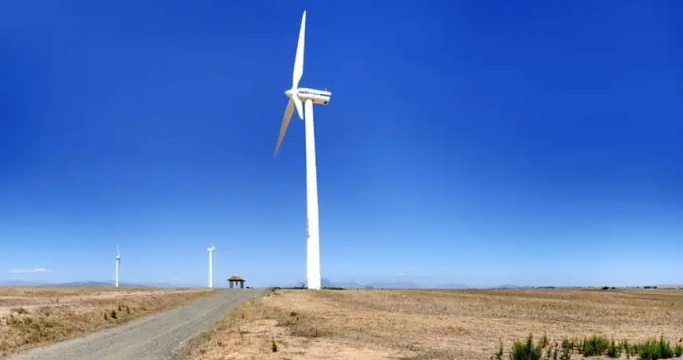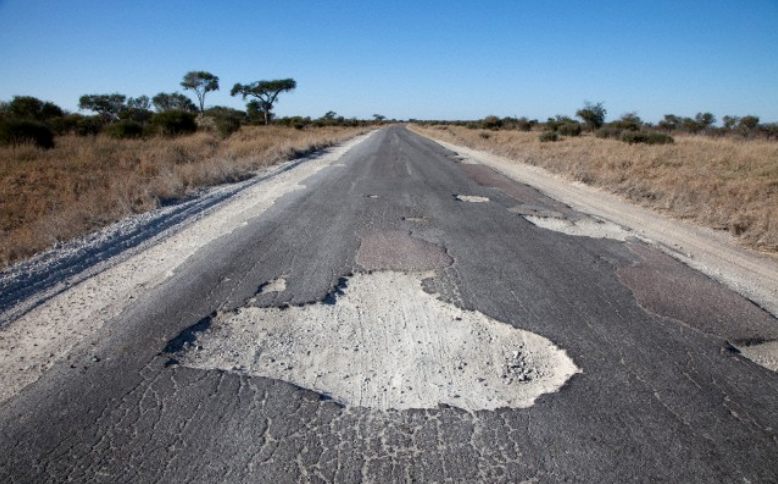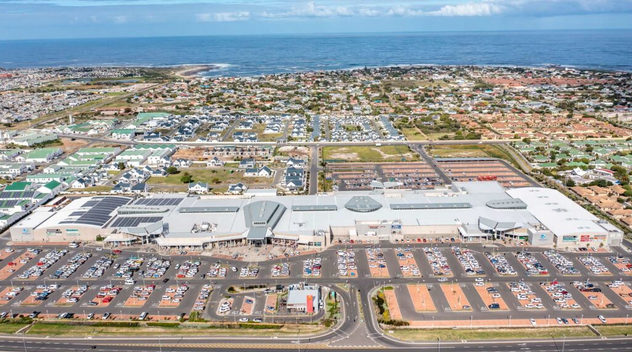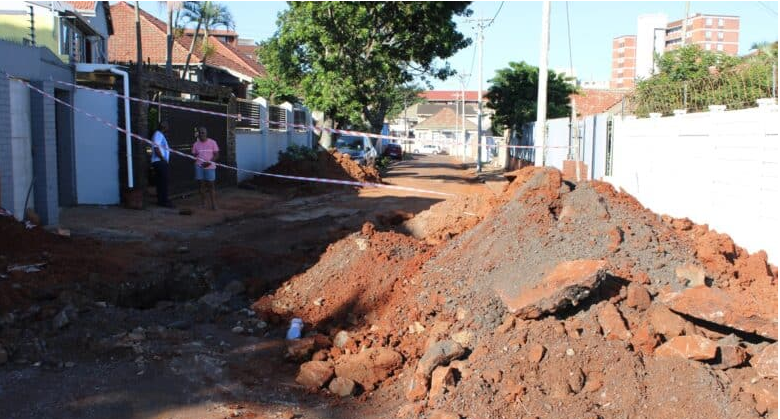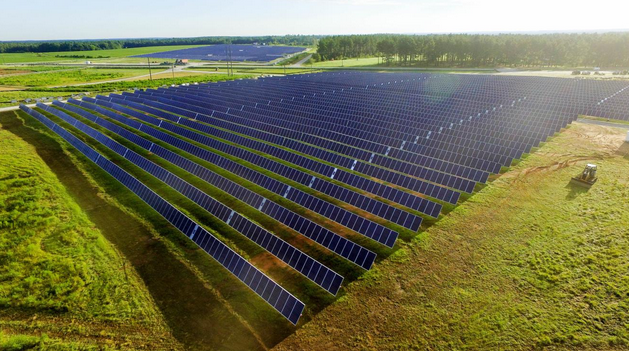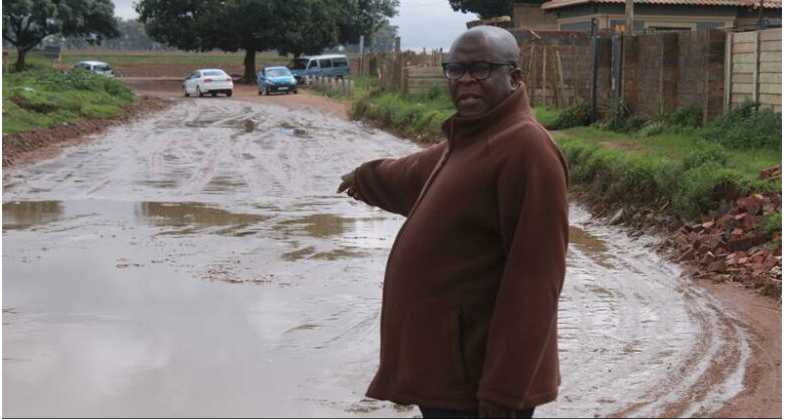Grinaker-LTA’s new owners confident it will meet turnover targets

Advertising
28-04-2020
Read : 2020 times
Moneyweb
Source
Grinaker-LTA, which was acquired by the black-owned Laula Consortium from JSE-listed Aveng four months ago, is confident it will meet its turnover targets in its first year of operation, despite the negative impact of the Covid-19 pandemic.
Mlu Manci, chair of Grinaker-LTA, also confirmed that the new owners will not have to renegotiate the payment terms for the company with Aveng because of the negative impact of the lockdown.
Manci said the obligations for the cash portion of the purchase considerations and the first portions of the balance of the vendor commitments were met and debtor obligations “are not, for now, affected”.
“The future obligations have not been affected and we are hoping that the reopening of the economy and the government’s risk-adjusted approach will enable the construction industry to go back [to work],” he said.
Construction industry in survival mode
The Laula Consortium was specifically created for the transaction and acquired Grinaker-LTA’s mechanical and electrical business for R72 million cash. But its acquisition of Grinaker-LTA’s building and civils business involved an initial payment of R30 million settled via six equal monthly instalments that commenced on the 25th day of the sixth month following the closing date of the transaction.
Both transactions were finally concluded in the fourth quarter of last year.
The consortium is required to pay a further R70 million, including the net working capital adjustment, that must be settled by no later than the second anniversary of the closing date of the transaction.
Shareholders
The consortium’s shareholders are Manci’s Oteo Investments Holdings (52%), Manzini Ventures (14%), Upsize Trading (10%) with the balance held by Bhekani Mdlalose, the MD of Grinaker-LTA when it was still owned by Aveng and who was part of the company’s management team that remained with the company after the acquisition.
Manci said Grinaker-LTA has continued to service certain of its clients on a limited basis because they are essential services and has had some trading “even in this difficult time”.
The force majeure factor
But he described the impact of the lockdown on payments to Grinaker-LTA from its clients as “certainly uncharted waters” and something that is presenting challenges for construction companies and its clients, particularly the debate around force majeure.
This is a common clause in contracts that essentially frees both parties from liability or obligation when an extraordinary event or circumstance beyond their control prevents one or both parties from fulfilling their obligations under the contract.
“I don’t know how many legal opinions I have read. I think these will crystallise in time. Clients have been understanding but I think it’s only this month that things will start to crystallise around this. Safcec [SA Forum of Civil Engineering Contractors] has been doing decent work in this area,” he said.
Manci said the loss of income to Grinaker-LTA because of the lockdown is significant but the strategy of the new owners is to ensure the company has a strong balance sheet that is cash-strong.
“We were quite wise in the way we structured the business with Aveng because we had some capacity and headroom to deal with the lockdown,” he said.
Sharing the pain
Manci said Grinaker-LTA has also made some concessions as a business to the “no work, no pay” policy to share the pain of its 2 700 employees.
He is “quite encouraged” by President Cyril Ramphosa’s address last week indicating the government is considering the easing of the lockdown restrictions. However, the draft framework for consultation on the Covid-19 risk-adjusted strategy published by government only envisages all construction projects being permitted when the restrictions are downgraded to Level 4 (from May 1) to Level 1 some time in the future.
David Metelerkamp, senior economist at construction market intelligence firm Industry Insight, says the pandemic is the worst crisis the world has faced on a global scale since World War II, with every country affected and expected to enter some form of recession.
Pandemic impact
Metelerkamp said South Africa’s construction industry, much like most of the country, has come to a complete halt with the exception of some small-scale essential maintenance jobs.
“The short-term impact is going to be catastrophic, unlike any economic shock the construction sector has had to endure. How bad it is exactly going to be is still highly uncertain, with several ever-changing variables that are very difficult to predict.
“We estimate that somewhere between 120 000 and 140 000 formal construction sector jobs will be shed, in a sector that is highly labour-dependent,” he said.
Despite the gloomy outlook for the construction industry, Manci is optimistic and believes the consortium made “a good buy and investment” in Grinaker-LTA, particularly because of the “incredible” institutional knowledge in the company.
Economic ambitions
“I’m an entrepreneur and an optimist. The reality is that South Africa and the rest of the continent have to catch up with the rest of the world – and to be true to their own economic ambitions, they have to invest in infrastructure,” he said.
Manci said the engineering and construction group had a consolidated order book at the time of acquisition of between R2.5 billion and R3 billion compared to the R7 billion turnover business it was under Aveng in its heyday.
He said their assessment is that the business is profitable at a R2 billion a year turnover level and they want to maintain turnover at between R3 billion to R4 billion “for the immediate future – a three- to five-year term”.
Manci is confident Grinaker-LTA will, under its new owners, achieve that turnover level in its first year of operation in November this year.
Prudent, cautious
The new owners plan to “play on” Grinaker-LTA’s strengths as a high quality, high safety standard contractor and prudently and cautiously selecting what work it does to improve its profit margins.
“We see opportunities, for instance, with the infrastructure build programme and other social infrastructure delivered by the government. On the engineering side, Grinaker-LTA has done particularly well to maintain the position it holds, especially in the petro-chemical sector where it does business in four of the five oil refineries in South Africa.
“We are a dominant player in the maintenance and shutdown work in the petro-chemical sector and that record goes back decades. In the last four months, those clients are appreciative of both the empowerment profile of the new business and the stance we have taken to not only to keep the management that came with the business but restructure the management strength to improve the empowerment of those leaders.
“We think we will have a decent future with those clients,” he said.
‘Pleasantly surprised’ by tender opportunities
Manci said they have been “pleasantly surprised” by the level of tender activity in the construction sector since the acquisition, adding that it “has certainly been beyond what we expected”.
Grinaker-LTA was acquired in the fourth quarter of last year and the SA National Roads Agency (Sanral) issued tenders to the value of almost R9 billion and the Airports Company of South Africa (Acsa) tenders valued at about R6 billion in that quarter, he said.
“I think, if not for the lockdown, many of those would have been adjudicated. Consistent with our strategy; we did not go aggressively into those projects.
“But that allowed us to be successful with the project in the R300 million to R500 million range. We have picked up about three of those in that period so we are quite satisfied with that performance.
“With the stuff we have in the pipeline, we think we will be able to achieve our targets in the first 12 months of owning the business,” he said.
Manci was lukewarm about listing Grinaker-LTA on the JSE.
“It’s certainly not something that we are thinking about at the moment. After five years maybe … as we seek to grow our financial capacity to deal with our business ambitions at the time.”
Recent News
Here are recent news articles from the Building and Construction Industry.
Have you signed up for your free copy yet?


